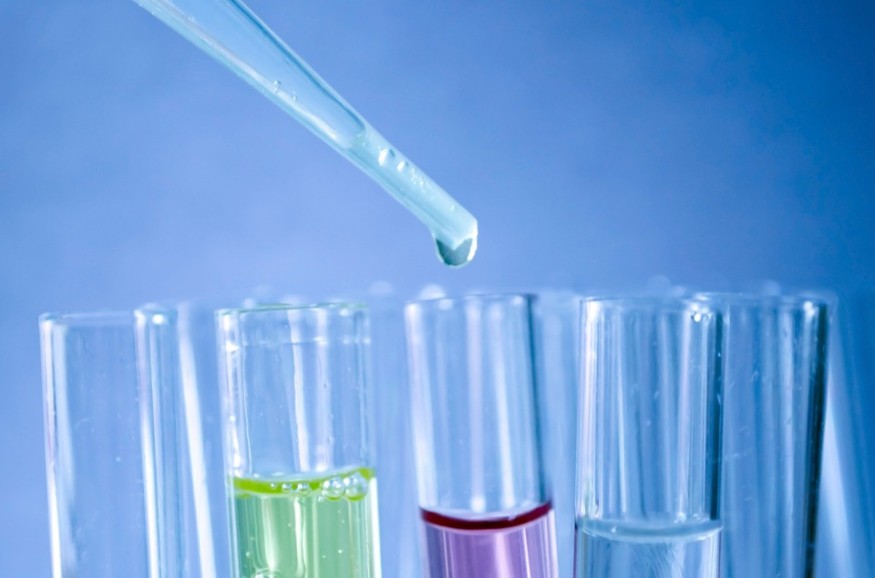
Early this month, Takeda announced that they are starting the development of an anti-SARS-CoV-2 polyclonal hyperimmune globulin (H-IG) for COVID-19 treatment. The drug is named TAK-888.
Hyperimmune globulin is a plasma derived-therapy that has previously treated several acute viral respiratory infection and has the potential to treat patients with COVID-19.
The company may be the first one to have the drug approved. According to Julie Kim, Zurich-based president of Takeda's plasma-derived therapies unit, Takeda could have an advantage because the treatment involves a process that already has approval from regulators. The concentration of the antibody, or titer, is vital in negotiation with regulators for approval. The company did not have to demonstrate safety; they only had to agree with the regulatory agencies on "how to demonstrate that the titer of antibody present in the final product is sufficient to be effective against the disease". The response from the FDA and European Medicines Agency would be crucial to the timing for approval, which may be as early as nine months.
Takeda aims to develop an anti-SARS-CoV-2 polyclonal hyperimmune globin. It is a plasma-derived drug, which will harness the blood of coronavirus patients who have recovered from their infections or who had a vaccine. By using this method, researchers hope to harness the antibodies produced by previous patients as a successful treatment for new patients to strengthen their immune systems and reduce the severity of symptoms associated with the novel virus. Since there are no available vaccines yet, the company will have to rely on donated plasma from recovered patients for now.
The use of antibodies from recovered patients is the same process as Takeda's other immunoglobulin products, which have approval from regulatory bodies around the world, including U.S. Food and Drug Administration. The therapy has yet to be tested on any coronavirus patients.
The use of blood from recovered patients, who have immunity to fight a disease, traces back to over a century. It was used during the H1N1 and Ebola epidemics.
The potential efficacy of using the blood of recovered patients as a preventive measure was highlighted on a research paper at John Hopkins University published on March 13. The China National Biotec Group Co. has been using such plasma to treat seriously ill patients since Feb 8 and reported that it improved within 24 hours.
Takeda admits that one of the bottlenecks in developing a therapy to treat severe cases of coronavirus is obtaining enough plasma blood of recovered patients. To address this, Kim said Takeda is working on the transfer of plasma from two countries while research is being conducted at the Takeda plant in Georgia.
Several pharmaceutical companies are also racing to fight the novel coronavirus. One of the frontrunners, Gilead, is the maker of remdesivir. The mentioned anti-viral drug is now being tested on coronavirus patients with severe illness in the U.S. and China. The pharmaceutical company, Roche, got China's nod of approval for its anti-inflammatory drug Actemra (tocilizumab). It is for the treatment of coronavirus patients with lung complications from the COVID-19.
As of March 24, there are 382,491 confirmed cases in 195 countries and territories. The death toll is recorded at 16,559.
© 2025 NatureWorldNews.com All rights reserved. Do not reproduce without permission.





